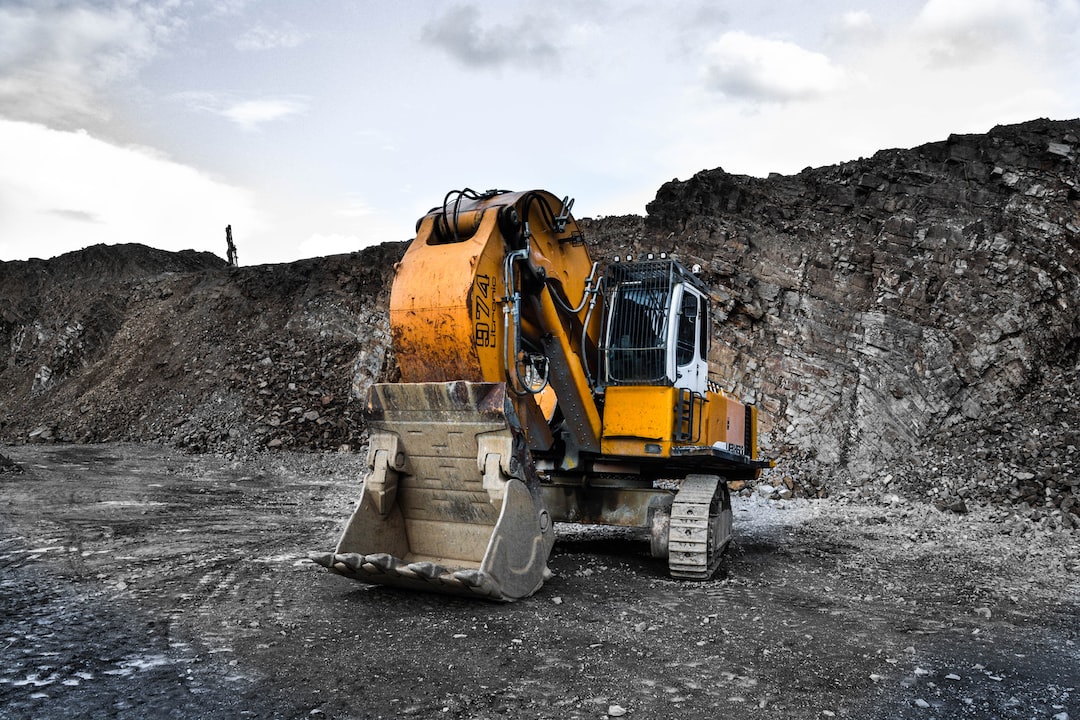Valve manufacturing is a complex process that requires careful selection of materials to ensure durability, resistance to wear and tear, and compatibility with various fluids. Different valve applications require different materials, as each material has specific properties that make it suitable for a particular application.
The following are the most common types of valve materials used in valve manufacturing, along with their properties.
1. Brass
Brass is a common material used in valve manufacturing. Its excellent resistance to corrosion, high ductility, and low melting point make it an ideal material for the manufacture of valves and other fluid handling components. Brass valves are suitable for low-pressure applications and can handle water, oil, and other non-corrosive fluids.
2. Stainless Steel
Stainless steel is a durable and corrosion-resistant material used in valve manufacturing for high-pressure applications. Its high strength and excellent resistance to oxidation make it an ideal material for harsh environments. Stainless steel valves can handle a wide range of fluids, including corrosive chemicals, high-temperature steam, and other harsh fluids.
3. Cast Iron
Cast iron valves are commonly used in low-pressure applications where corrosion resistance is not a concern. Its high strength and durability make it an ideal material for valves used in pipelines, plumbing, and other industrial applications. Cast iron valves are suitable for handling non-corrosive fluids such as water, air, and natural gas.
4. Bronze
Bronze is a copper alloy that is commonly used in valve manufacturing. Its excellent resistance to corrosion and high resistance to wear and tear make it an ideal material for high-pressure and high-temperature applications. Bronze valves are suitable for handling harsh fluids such as saltwater, oil, and chemicals.
5. Carbon Steel
Carbon steel is used in valve manufacturing for its high strength, durability, and resistance to corrosion. Its high carbon content makes it an ideal material for valves used in high-temperature and high-pressure applications. Carbon steel valves are suitable for handling a wide range of fluids, including corrosive chemicals and high-temperature steam.
In conclusion, valve manufacturing is a complex process that requires careful selection of materials to ensure durability, resistance to wear and tear, and compatibility with various fluids. Choosing the right valve material is essential to ensure that the valve can perform its intended function effectively. Each valve material has its own unique properties that make it suitable for specific applications. By understanding the properties of different valve materials, valve manufacturers can choose the right material for their valve application and ensure optimal performance and longevity.
Publisher Details:
MetauxCast Private Limited | valve manufacturer butterfly, check, Globe, Gate and Ball valves, hydraulic components, shell Mold Core casting, injection molding, blower, compressors, gearbox,
https://www.metauxcast.com/
MetauxCast is ISO, PED certified company involved in engineering and manufactures a range of butterfly, check, Globe, Gate and Ball valves , hydraulic components, shell Mold Core casting, injection molding, machine tools, blower, compressors, gearbox, Valve manufacture

